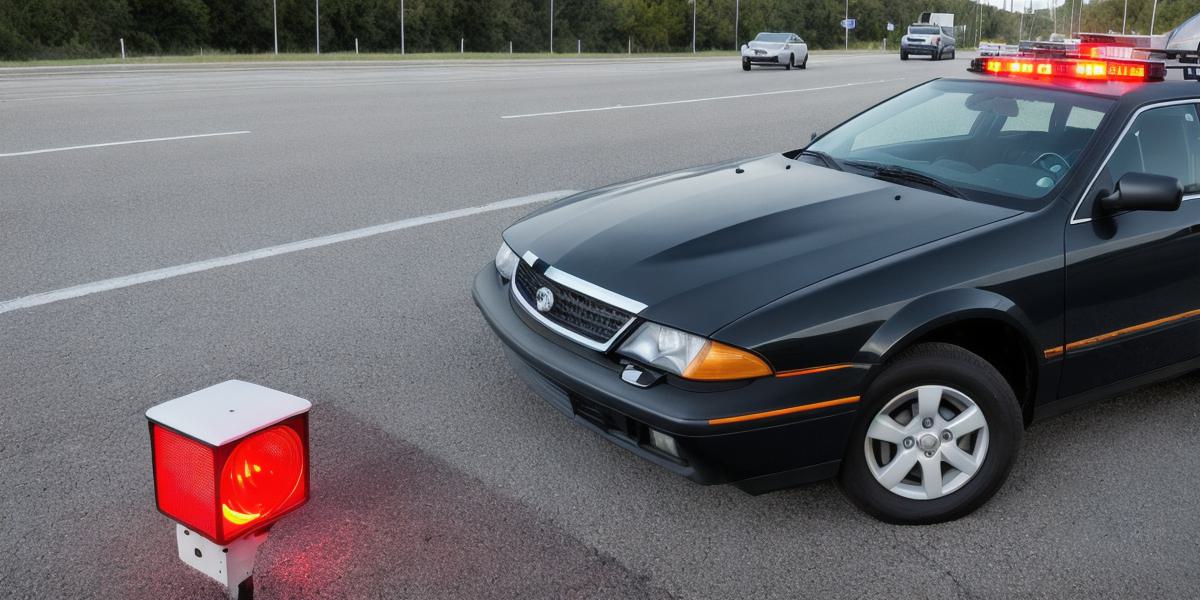How to Represent Yourself in Traffic Court: A Comprehensive Guide
Introduction
If you’ve been involved in a traffic accident or have received a speeding ticket, you may need to represent yourself in traffic court. This can be a daunting experience, but with the right preparation and knowledge, you can successfully navigate the legal system. In this guide, we will provide you with tips and advice on how to represent yourself in traffic court, including how to gather evidence, present your case, and cross-examine witnesses. We will also cover common mistakes to avoid and what to do if you lose your case.
Gathering Evidence
The first step in representing yourself in traffic court is to gather all the relevant evidence. This includes any photos or videos of the accident scene, witness statements, and any documentation related to the incident. If you were involved in a speeding ticket, you will need to provide proof of your speed at the time of the incident. It’s important to be organized and have all your evidence ready before going to court.
Presenting Your Case
Once you have gathered all the necessary evidence, it’s time to present your case in court. Start by explaining the incident in detail and presenting any evidence you have collected. Be sure to stay calm, composed, and articulate clearly. If you are unsure about a particular point, don’t be afraid to ask for clarification or take a moment to gather your thoughts.
Cross-Examining Witnesses
The opposing party will likely have witnesses who will testify against you. It’s important to be prepared to cross-examine these witnesses in order to challenge their credibility and expose any inconsistencies in their testimony. Be sure to ask open-ended questions that allow the witness to elaborate on their statements and look for any contradictions or areas where they may have been mistaken.
Common Mistakes to Avoid
One of the most common mistakes people make when representing themselves in traffic court is not gathering enough evidence or being unprepared for trial. It’s also important to avoid making emotional appeals or becoming overly confrontational with witnesses. These tactics can be seen as unprofessional and may harm your chances of winning the case.
What to Do if You Lose Your Case
If you lose your case, it’s important to remember that this is not the end of the line. You have the option to appeal the decision and take the case to a higher court. It’s important to consult with an attorney who specializes in traffic law to discuss your options and determine the best course of action.
Summary
Representing yourself in traffic court can be a daunting experience, but with the right preparation and knowledge, you can successfully navigate the legal system. By gathering all the necessary evidence, presenting your case clearly and calmly, cross-examining witnesses, and avoiding common mistakes, you can increase your chances of winning your case. Remember to always stay professional and consider seeking legal advice if you lose your case.
